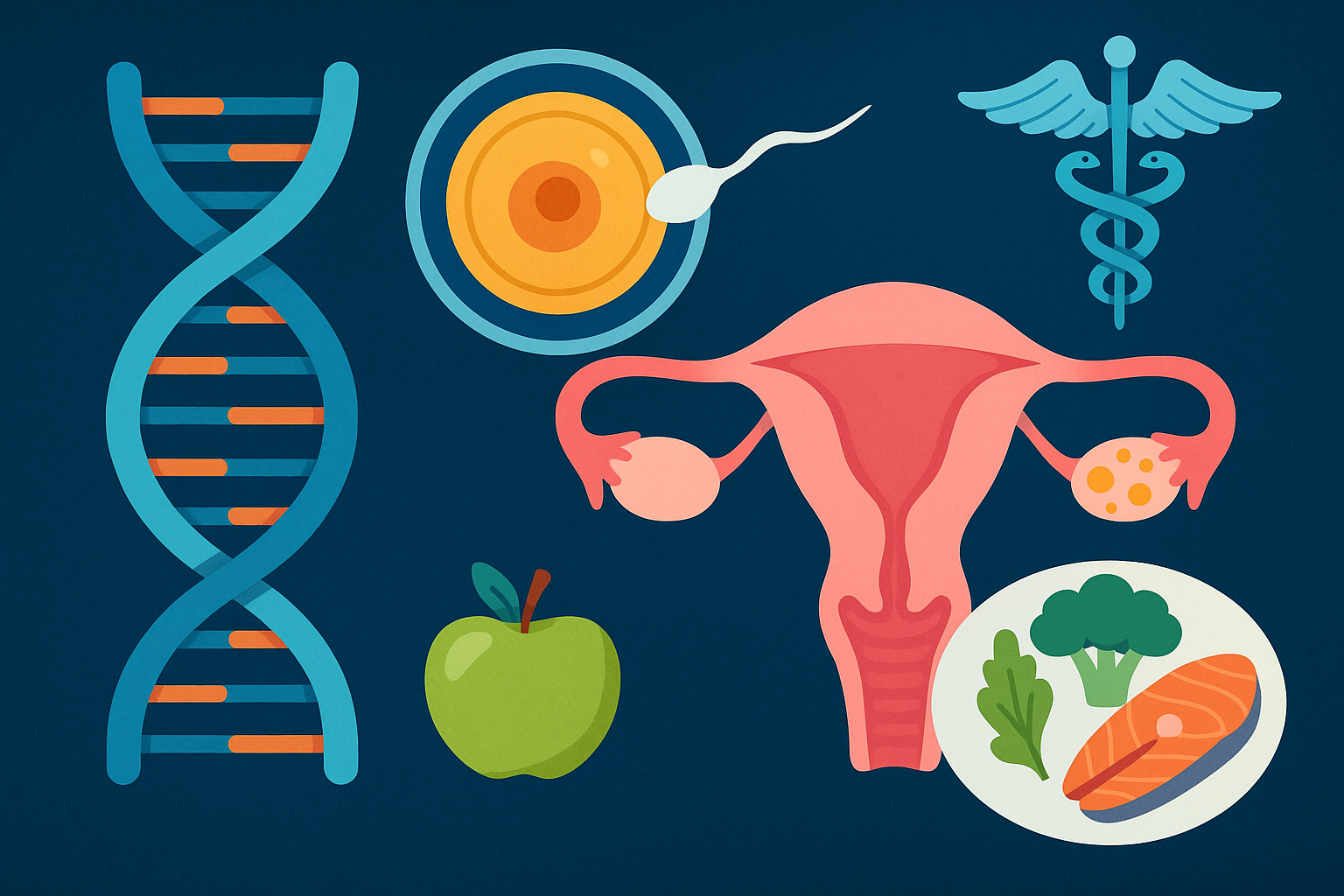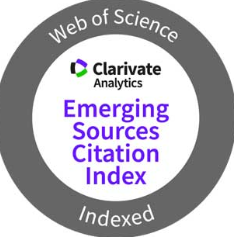Enhancing Women's Fertility: Insights and StrategiesBased on Scientific Evidence
DOI:
https://doi.org/10.4238/r162h338Keywords:
Spontaneous conception; Fertility; Reproductive; Genetic factors; Genetic counseling; Healthy behaviorsAbstract
This study aims to offer practitioners evidence-based suggestions derived from a consensus of expert perspectives. The objective is to guide women on how they might increase their probability of developing a spontaneous conception without medical intervention, especially in cases where there is no confirmed infertility or any cause to question their reproductive capacity. Every interaction with non-pregnant women who are capable of reproduction provides a chance to offer guidance on promoting well-being and adopting healthy behaviors that can improve reproductive outcomes.
The study examined several facets of female infertility, classifying the reasons into different categories. Furthermore, the crucial significance of genetic counseling in resolving infertility was emphasized. Female infertility can arise from a variety of conditions, including both hereditary and non-genetic causes. Female fertility involves a wide range of psychological, social, and physical aspects of well-being. Observational studies indicate that women who are unable to conceive typically encounter psychological difficulties and indicate a variety of lifestyle choices that might affect their fertility to
different extents.




